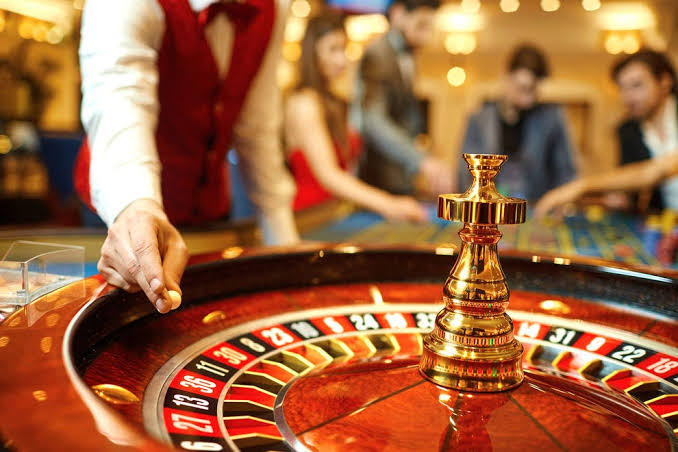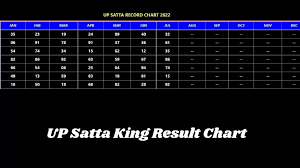R. Paul Wilson On: Do Casinos Cheat?

After the success of The Real Hustle, I’d meet all sorts of people from both sides of casino games: managers, dealers and players.
Many players are fascinated by how games can be beaten both legally and otherwise, which is a good thing but a few would tell war stories about being cheated by casinos and would ask my opinion on a variety of circumstances.
In each case, I had one question that would tell me exactly how likely it was that they (or anyone) had been, or could be cheated, by a casino: “Where is it?”https://www.youtube-nocookie.com/embed/qvp06WKT_yo?iv_load_policy=3&modestbranding=1&rel=0&autohide=1&playsinline=1&autoplay=0
Location, Location, Location
If you’re traveling somewhere and are invited to (or discover) a local casino without doing a little research on that country, its laws and reputation, then you might be walking into a trap designed to snare unwary foreigners.
Illegal and unregulated casinos can look remarkably convincing.
Once inside, though, you could just as easily be in a garage on the outskirts of town since many victims are already “in their cups” before being offered the chance to play by a local roper (a con artist tasked with attracting potential marks to a crooked game or scenario).
These establishments are often card rooms or perhaps one or two table games crammed into a garage or apartment but equally, very casino-like interiors and exteriors have been known to be operating completely outside the law even though they look and feel a lot like a miniature version of Las Vegas or Macau.
If your bad-beat story starts in a country or region that isn’t known for well-regulated gambling houses and features such classic story beats as “I was pretty drunk”, “he or she was really attractive” or “I woke up in hospital/in a ditch/back in my room and had no idea how I got there”, then you might have been rolled in a country where secret or hidden casinos operate outside of local laws and are as likely to be scam factories as they are gaming houses.
In these clip-joints, you can expect to be cheated either by outright manipulation of the game or crazy-bad odds that will clean out any bankroll in a fraction of the time of a legitimate casino.
What about under the bright lights of gambling meccas like Las Vegas, Atlantic City or Macau?
These cities depend on their image as a place to gamble, see great shows or live the high life inside big, gaudy, neon-lit hotels that attract millions of players a year to risk their money and chance their luck.
Any proof of foul play might damage an entire city’s reputation in one wave of bad news or social media so naturally, their games are controlled and policed from all sides.
Imagine a big-name casino being caught dealing seconds, loading dice or stripping decks to fleece their customers.
The scandal would be enormous and the collateral damage to other establishments would be unacceptable.
The Bad Old Days
It wasn’t always that way.
The history of Las Vegas features owners who turned a blind eye to managers and dealers who might shift the odds on a lucky player to avoid a major loss on their shift.
As the connection between criminal enterprises and Las Vegas casinos was broken, house cheaters became a thing of the past but before that transition, big winners might have found their hot run of good luck being reversed by a change of dealer.
Bust-out dealers were career cheaters who crossed to the other side of the table.
Their job was to work their magic on behalf of the house whenever necessary and would often work as pit bosses, occasional honest dealers or even remain on-call should a lucky whale start to hurt the numbers.
The smart bust-out artists knew how to make a game turn gradually and keep a player on the line until he or she had played back and lost everything they’d won.
Second deals and slug controls were often used to control what cards hit and what missed but from the moment they arrived at the table, odds were no longer a factor.
Worst of all, there was always the chance of a “Micky Finn” being dropped into a player’s drink to keep them playing, while making them easier to manipulate and less likely to make good decisions!
Some managers simply culled-out high cards from the deck or shoe and let worse-than-fair odds do the damage for them but once the corporations had taken over, the tide turned against these practices though it may have taken longer than some would admit.
While the name on the sign may have changed, the same tags on the floor remained the same so it took a gradual shift in perspective (and culture) to stop staff from protecting their bottom line with bottom deals.
Today, we are a couple of generations past those days and while there are still dealers and managers who remember the bad old days of cheating and stealing, they know that the eye in the sky is protecting the house from all threats foreign and domestic.
If a player wins too much, pisses off the pit boss or is an asshole to their dealers, no one is calling an 80-year-old bust-out man out of retirement.
The numbers will do their work if you can keep the sucker at the table and a few shitty cocktails will shift his game into reverse without the need for slipping him or her a Mickey.
As time went on, the value of reputation convinced bosses that this might hurt their business in the long run and cheating customers became unnecessary once the house began to trust their mathematical advantage.
Bias Confirmed
A run of great cards or a fantastic roll of the dice has to end sometime.
Just because the dealer’s changed, it doesn’t mean that sudden shift in fortune is down to anything that interfered with the natural outcome of the game.
It may seem like the cards are always against you or that you always seem to hit a bad run of luck when some dealer, manager or other player arrives, but most of that is just the human brain making connections that don’t really exist.
If you happen to believe in luck, coincidence and the fickle hand of fate then perhaps these events or influences might fit your worldview but that doesn’t mean or prove anything illegal or sneaky was necessary to bump your bankroll back into the red.
So, if you really did get cheated by a casino, it’s all about where you chose to risk your money (and potentially, your good health).
The same is true online, though that’s a discussion for another day.
None of this goes to say or prove it might never happen in places like Las Vegas or Macau but if reputation is obviously important to a city, state or country, and gambling is closely guarded by the law as well as the owners of a casino, chances are excellent the only danger to your purse is what and how you play.



Leave a Reply